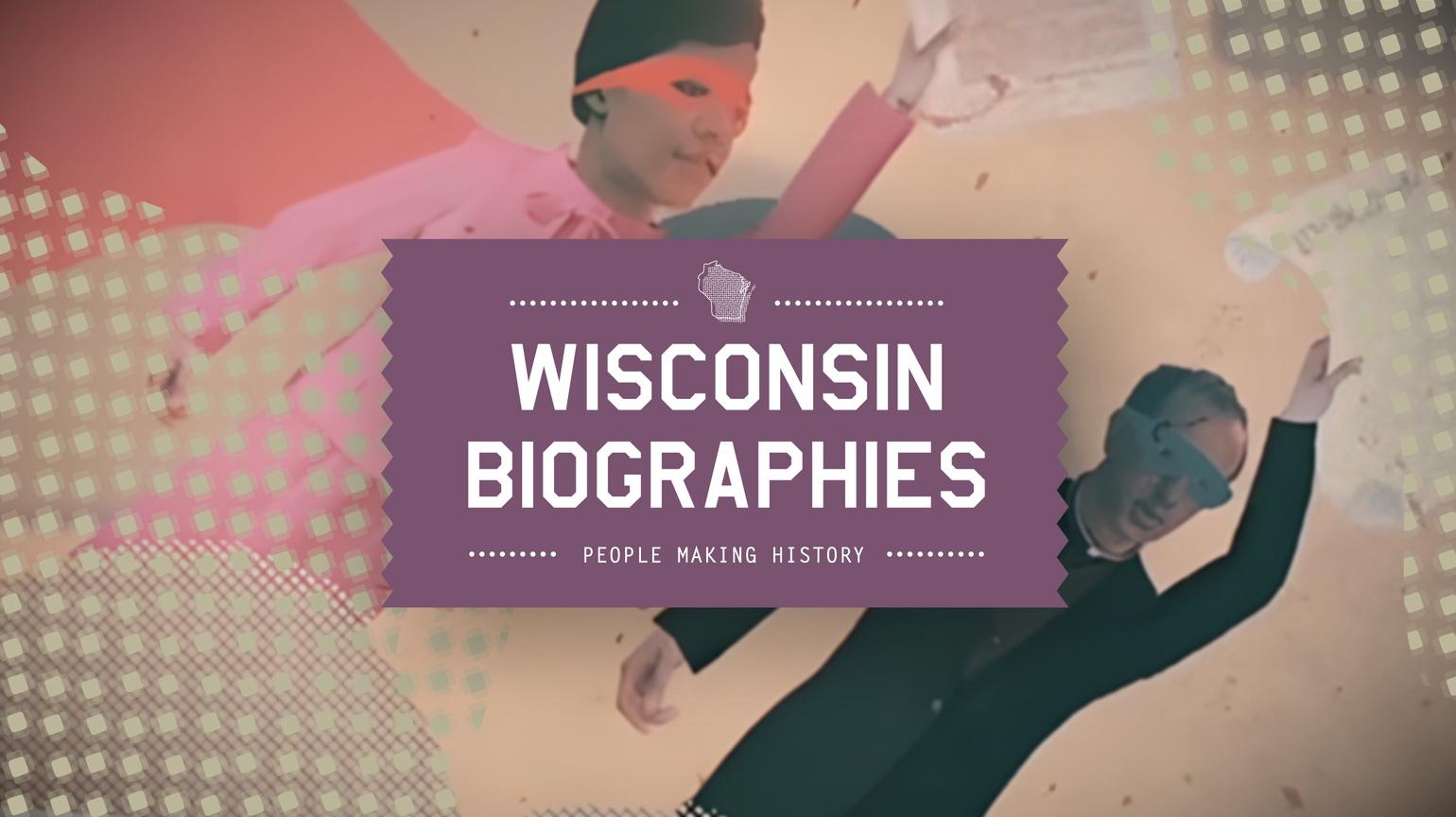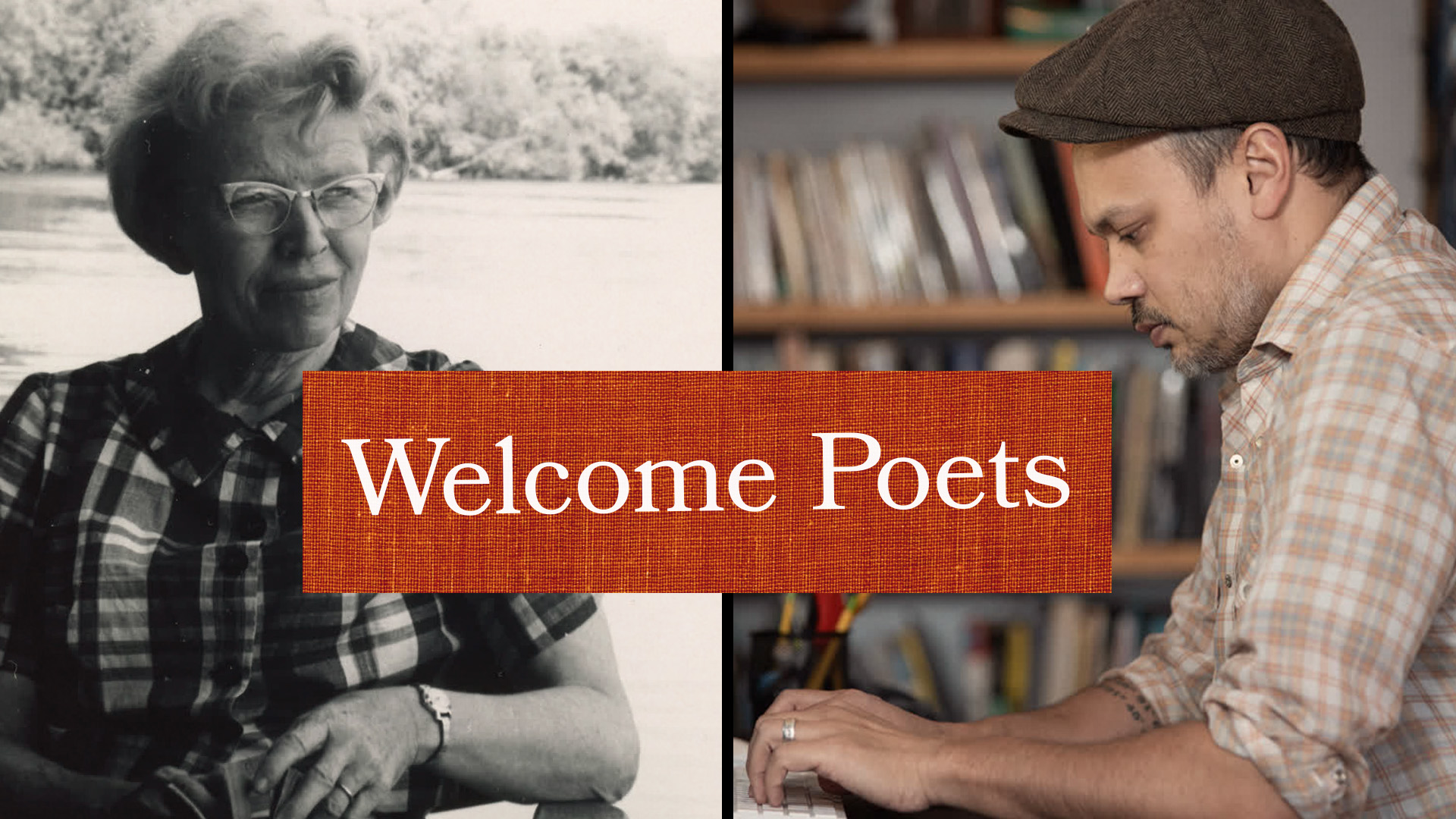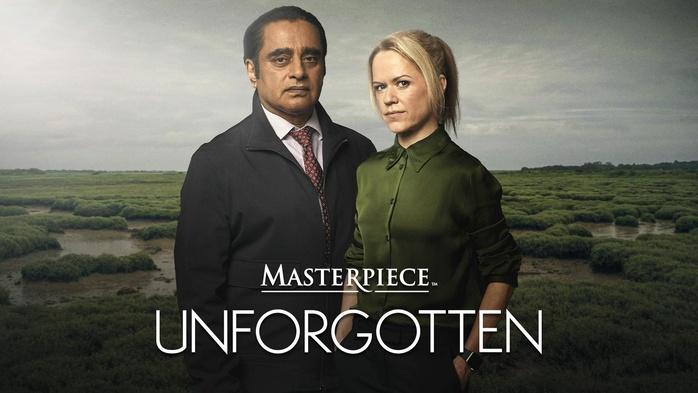Frederica Freyberg:
Following the assassination of conservative influencer Charlie Kirk, dozens of people across the country have lost their jobs over social media comments they made in reaction. In Eau Claire, Republican Congressman Derrick Van Orden threatened to pull federal funding going to the city over comments two council members made online saying they celebrated Kirk’s death. The council members reject that accusation. Political discourse, especially online and in social media, even before Kirk’s assassination, has been beyond toxic. But how to agree to disagree and talk about it? BridgeEauClaire is a chapter of BridgeUSA, which brings college students of different persuasions together to discuss polarizing topics. UW-Eau Claire political science professor Adam Kunz is the group’s faculty advisor.
Adam Kunz:
Thanks for having me.
Frederica Freyberg:
So do you suppose that your next session you will be discussing Charlie Kirk?
Adam Kunz:
I believe the students actually already have. They’ve had their first session, and they have discussed openly about what their views are on the, on the event. And I believe the students are going to have an ongoing conversation about it probably throughout the year.
Frederica Freyberg:
What kinds of other topics has BridgeEauClaire engaged on?
Adam Kunz:
So BridgeEauClaire is basically what I would describe as the anti-debate club. The goal of the club is basically to be a conversation club. It’s less about winning an argument, it’s more about trying to discuss and understand one another in terms of our perspectives on politics, culture, religious backgrounds, etc. And so the topics can be far reaching. It can be anything from is a hot dog a sandwich all the way up to should the United States disassociate from Israel. So those, those kinds of topics can be rife with lots of different opinions. And the goal behind any bridge meeting is basically to bring people from all different perspectives into a room, feel empowered to be able to share your opinions and to try to understand one another. The goal is not to convince. The goal is not to win. The goal is to basically try to get students listening to one another, understanding in a very sincere and genuine way, and then going away and kind of processing that for your own beliefs.
Frederica Freyberg:
So what are the ground rules? What are the mechanics of these discussions? How do you start?
Adam Kunz:
Yeah, so that’s been a learning experience. This took off a couple years ago when we decided after an event that was run by the Menard Center for Constitutional Studies, which is what I’m affiliated with on campus, that we wanted to found a club like this. This is less about free speech, which is certainly a right that every American citizen has. This is more about how do I exercise my free speech in responsible ways, and to allow other people to express those free speech rights. And so the ground rules are very much, first of all, guided by the national organization. It’s — there’s, there’s a whole handbook that the students go through to kind of figure out how they would bring up a topic. There’s moderating time. There is a club president. There are people that are in charge for picking the topics themselves. But then within the local organizations, there’s a lot of adaptability and Eau Claire students are very polite students. They’ve got, you know, Wisconsin nice. And so I think that they, they add this extra layer of kind of wanting to build a community despite political differences. And I have to admire the Gen Z students because I think they are looking for ways to build that kind of social connection in a world that’s mostly driven by algorithms.
Frederica Freyberg:
So how, to that, how eager have you found students to engage in actual civil discussion with this generation, possibly craving real connections?
Adam Kunz:
Yeah, I think so — I’ve, I’ve watched — I’ve been teaching for about ten years in different capacities, and I’ve watched as the Gen Z population has started to mature. And it’s interesting. We’re about three years away from having our first Gen Alpha student in college, which makes me feel so old. But the Gen Z students are absolutely looking for ways to connect. But there’s this feeling among them that they don’t really know how to connect. There’s this kind of catch 22. They want a social situation. They want to find a community, but they’re so used to being targeted or trolled online, they’re scared to be able to express their opinions. And so clubs like Bridge are a great way for them to learn, you know, those social skills in a real way, and to do so in a closed environment where they don’t feel like they’re going to get piled on or misunderstood, or have something screenshotted and taken out of context.
Frederica Freyberg:
Circling back to Charlie Kirk in the aftermath of his assassination, do you sense a chilling effect on freedom of expression with people across the country right now?
Adam Kunz:
I think that there is a huge divide right now over the terms of free speech. I think that for many Americans, if you ask them on Pew Research questions, for instance, it’s, it’s over a 90% threshold that Americans cherish the value of free speech. I think the challenge that we always have, though, is what does that mean when it’s the other person expressing it? Everybody wants free speech for themselves. Query as to whether or not we’re going to allow free speech for others. There are, of course, categories of speech that are not protected. We know what those are: incitement, obscenity, etc. but for the most part, our First Amendment protects us. It gives us the chance to be able to express ourselves, and especially on university campuses. That means both Republican as well as Democratic students. And so I think that universities have a real opportunity right now to show that, you know, in a pluralist society where people come with multiple beliefs, the university can be a place where people express themselves and do so in ways that are not going to be silencing to them, to them. I wish that we could replicate that in the rest of the public sphere. I wish that we could help other Americans after college or in other areas of life, recognize that that is really the lifeblood of what we’re doing in our American democracy.
Frederica Freyberg:
Indeed. Professor Adam Kunz, thanks very much.
Adam Kunz:
Thank you for having me.
Search Episodes

Donate to sign up. Activate and sign in to Passport. It's that easy to help PBS Wisconsin serve your community through media that educates, inspires, and entertains.
Make your membership gift today
Only for new users: Activate Passport using your code or email address
Already a member?
Look up my account
Need some help? Go to FAQ or visit PBS Passport Help
Need help accessing PBS Wisconsin anywhere?

Online Access | Platform & Device Access | Cable or Satellite Access | Over-The-Air Access
Visit Access Guide
Need help accessing PBS Wisconsin anywhere?

Visit Our
Live TV Access Guide
Online AccessPlatform & Device Access
Cable or Satellite Access
Over-The-Air Access
Visit Access Guide
 Passport
Passport






Follow Us